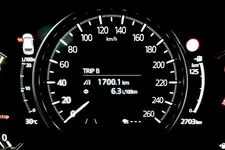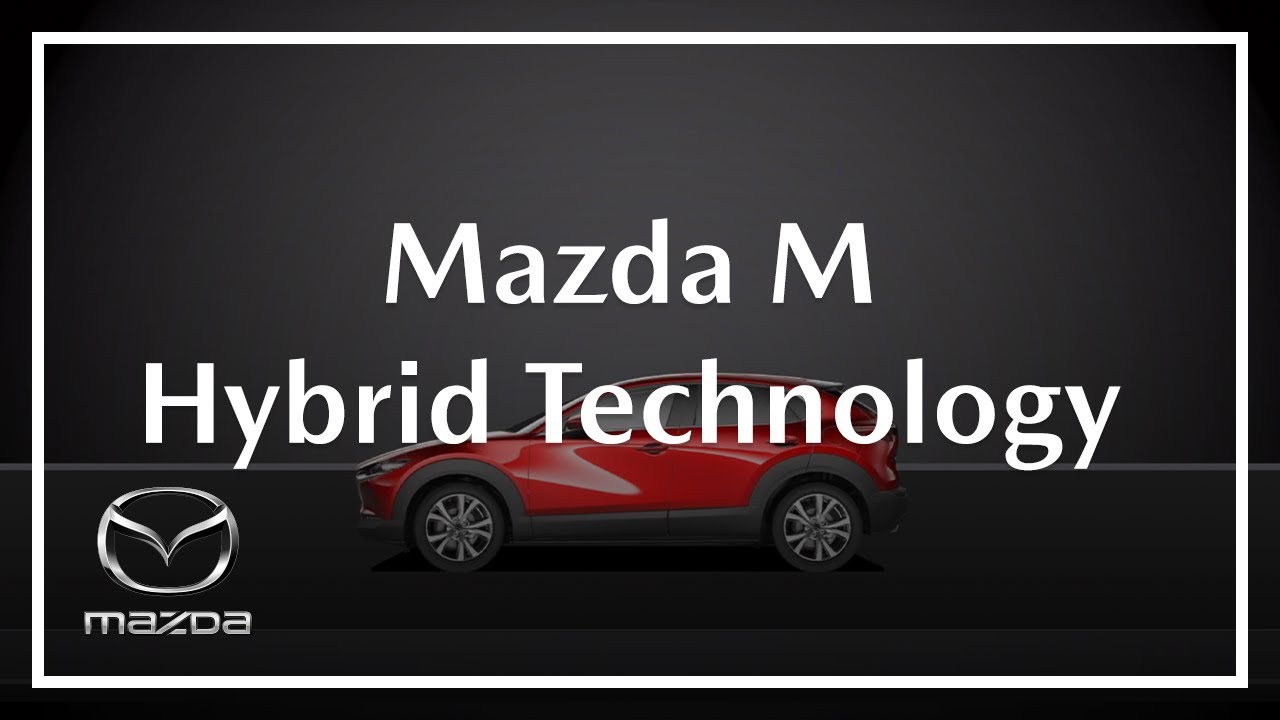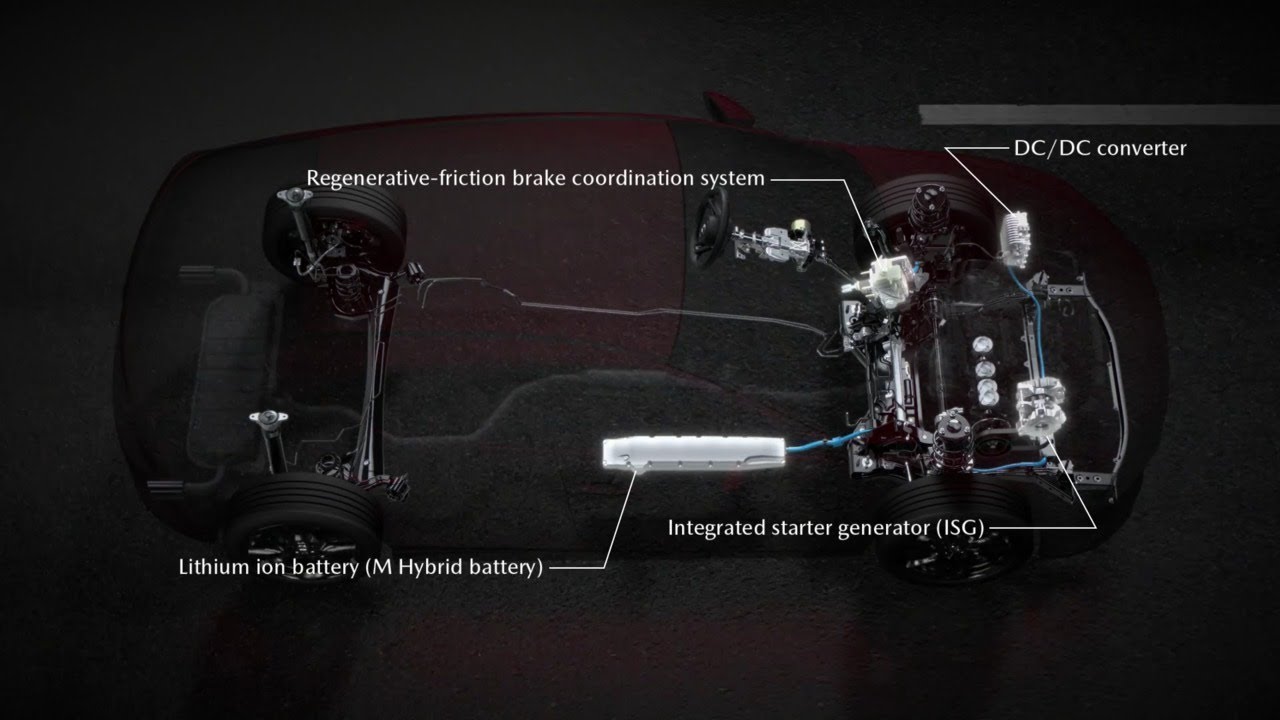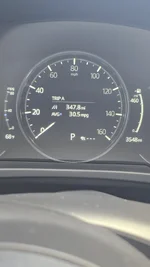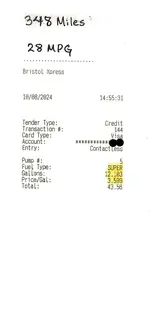- :
- 2023 CX5 turbo
on my 23 I get the same mpg ie 28-31mpg on the highway no matter if I am using 91 octane (generally the highest I can get here) or 87. I have run many tanks of both and when I run 91 I make sure the prior tank is near the E mark so as not to dilute it. If I am in an area where I can really use the turbo I can feel a difference in power but not in mpg. I live in Montana where speed limits are high and enforcement is low so I like use the turbo and sport mode. I just returned from a 500 mile trip where I was rarely under 80mph. my actual mpg is always slightly better than the computer shows. I always fill up the same way so I am confident in my mpg as i check every fill up.So for those with the turbo, any truth that using premium improves MPG?
Last edited:

